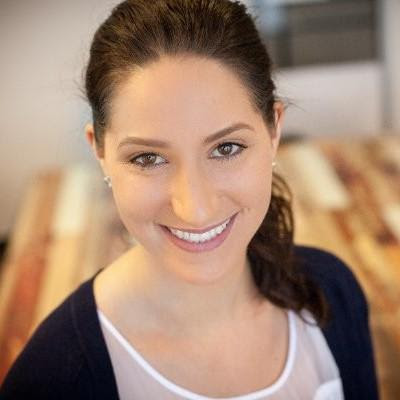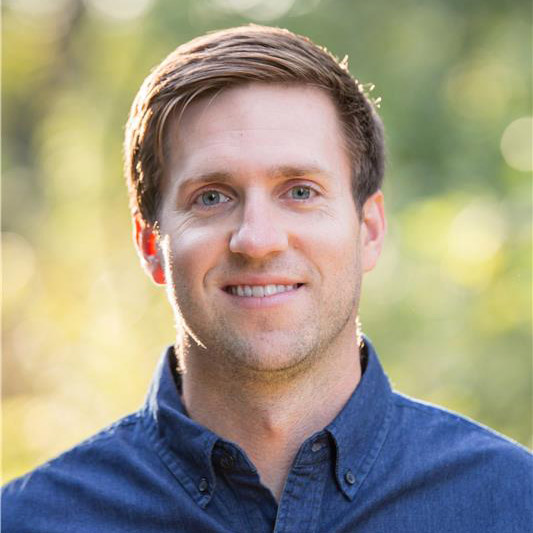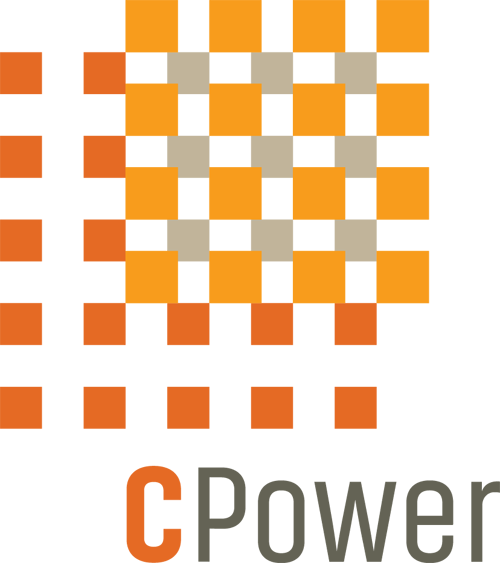10:05 AM
How We Get to Zero Carbon Buildings: Teaching Old Buildings New Tricks
Speaker:
Amy Boyce
Associate Director of Codes and Technical Strategy
IMT (Institute for Market Transformation)
Buildings play a big role in when - and if - we reach net-zero carbon emissions. Energy efficiency expert and mechanical engineer Amy Boyce of the Institute for Market Transformation explains the role of improved energy codes and existing building performance standards in the quest to get to zero-carbon buildings, and their impact on everyday operations.
11:05 AM
30-Minute Sponsored Session:
Ensuring Energy Efficiency with Drone Data
Speaker:
Katie O' Leary
Director of Product Marketing
Drone Deploy
Never has there been a more important time for responsible utility management and ethical environmental stewardship than today. In this session, learn how drone technology maximizes asset insights and promotes both worker and building efficiency on-site. Whether performing building inspections, verifying regulation compliance, or retro-commissioning, drone data adds a reliable, referenceable record of work done.
11:35 AM
Your Guide to Conducting Energy Audits
Speaker:
James L. Newman, CEM, LEED AP BD+C, OPMP, BEAP, FESD, FASHRAE
Managing Partner
Newman Consulting Group
Energy and other utility costs are often the most expensive part of running a business - second only to human resources (wages and benefits). Conducting an energy audit, also called an energy analysis or commercial energy assessment is the first step toward reducing Cost of Ownership and improving the bottom line. A building owner or facility manager may be able to address the results of the energy audit without much intervention. During the session, Jim Newman will discuss the important aspects of energy audit and how to take the information provided during the audit to actionable projects that can save you significant money and energy use.
Retro-Commissioning is typically applied to existing buildings with a goal to identify how to improve the efficiency and operation of energy consuming systems and equipment such as the heating, ventilating, and air conditioning (HVAC), interior and exterior lighting, service water usage and heating. Retro-Commissioning is typically a four-step process that begins with an analysis of an existing building through study of energy and water efficiency and operation and benchmarking with peer buildings. It prioritizes a list of potential capital improvements from lowest to highest. The process develops a plan to implement energy efficiency and operational improvements. At the conclusion of retro-commissioning, documentation including findings and improvements is provided and is carried into long term operator processes in the building.
12:45 PM
15-Minute Sponsored Session:
Energy Efficiency Savings: Beyond Your Utilities Rebate
Speaker:
Mark Goudreault, C.E.M.
Account Executive, Energy Efficiency
CPower Energy Managment
Utilize your load to save through energy efficiency programs and earn future dollars through Demand Response. An under-utilized program, the PJM Energy Efficiency Capacity Rewards allows your facility to get money back for completing projects that reduce your kW demand on the grid. Ensure that your utility rebate processors are taking advantage of this additional revenue stream that can help lower a project's ROI, or go towards future EE projects. In addition, by stacking other programs such as Demand Response (DR) and Synchronous Reserves (SR), you can utilize energy curtailment to continue to receive revenue going forward. CPower helps you take advantage of these programs by being a program aggregator, bridging the gap between you and the electric grid. The largest DR Aggregator in the world's largest wholesale electric market (PJM), CPower is a trusted partner that can help you drive these savings home.
1:00 PM
Getting to Zero Energy and Carbon Neutral Facilities: Trends, Technology, and Transformation
Speaker:
Alexi Miller
Associate Technical Director
New Buildings Institute
New Buildings Institute has been tracking the zero-energy building sector for over a decade and is currently tracking over 700 zero energy verified and emerging buildings across North America! Alexi Miller, NBI Associate Technical Director, will draw from this industry-leading dataset to identify key technologies and strategies from these leading buildings and help shine a light on what's next for facilities. Key topics covered include the state of the zero-energy / carbon-neutral buildings market, critical trends like building system electrification and building-grid integration, and relevant changes coming to codes and standards. The talk will cover topics relevant to all major space types in new and existing commercial and multifamily buildings.







